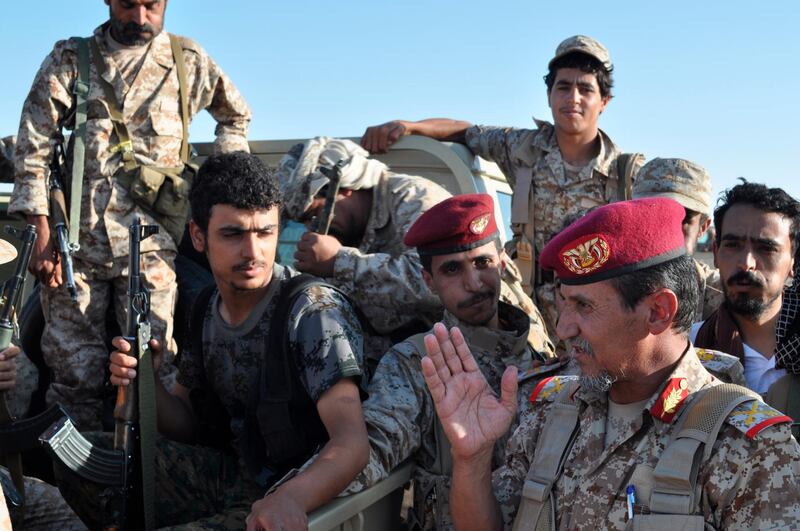Last week, the UAE announced the redeployment of its troops in Yemen. This is a significant step, as the country seeks to shift from a "military-first strategy to a peace-first strategy", according to a UAE official. Rightly, this decision has received ample attention, but many have missed the integral point: the plan of the Saudi-led Arab coalition was always to stabilise Yemen, come to a political solution and have Yemenis oversee their own security. The UAE redeployment is not a divergence from the original aspirations of the coalition, rather a move that has been waiting for the right moment. And although the decision was reached in agreement with the UAE's allies in the Arab Coalition, led by Saudi Arabia, there has been much speculation about its meaning. Some have gone so far as to say it signifies a split in the Coalition, with rumours about UAE-Saudi relations.
The reality is that the redeployment of Emirati troops comes after in-depth discussions that have been playing out for the past year between the UAE and its coalition partners. Since the beginning of their involvement in the conflict, the UAE and the Arab coalition have been deeply committed to finding a solution and restoring Yemen’s internationally recognised government, led by President Abdrabu Mansur Hadi, as mandated by the United Nations Security Council. This end goal remains unchanged. Saudi Arabia and the UAE showed support for the Stockholm agreement, signed by both warring sides in December of last year, and the Coalition backed its implementation. The aim has been for military de-escalation and finding a path to peace. This includes ensuring Yemen's national army and security forces can provide security for their people.
The current peace initiative has been continually jeopardised by the actions of the Iran-backed Houthi rebels. The Stockholm document called for a ceasefire in Hodeidah and the opening of humanitarian corridors, as well as a prisoner swap aimed at building trust and confidence between the opposing groups. However, in January alone, the Yemen government found more than 700 Houthi violations of the UN-brokered ceasefire. To this day, the peace agreement has yet to be fully implemented.
In light of these difficulties, a "peace-first" strategy can only serve to support the wider diplomatic movement backed by the coalition and the UN. Mr Hadi is currently in Riyadh, for talks with United Nations Special Envoy to Yemen Martin Griffiths, whom he previously claimed had "lost his ability to be a neutral arbitrator". Establishing trust between the warring parties and the UN is vital, as Mr Griffiths has worked relentlessly to bring the peace agreement to fruition. These efforts must not be in vain. This Sunday, aboard a boat on the Red Sea, the UN managed to bring together both sides to resume talks for the first time in two months. This is especially important at a time when rising tensions between the US and Iran are having a worrying impact here in the Gulf. In recent months, the Houthis have hit a number of civilian targets in southern Saudi Arabia. Such attacks must end, for the sake of all concerned. The focus must be on maintaining the momentum of the Stockholm agreement and supporting all actions that can lead to peace. The UAE's redeployment is a bold and pragmatic move that aims to bring the Yemeni people closer to the peace and stability they need and deserve – and it is integral to the Arab coalition's long term strategy to find a way to end Yemen's troubles.





